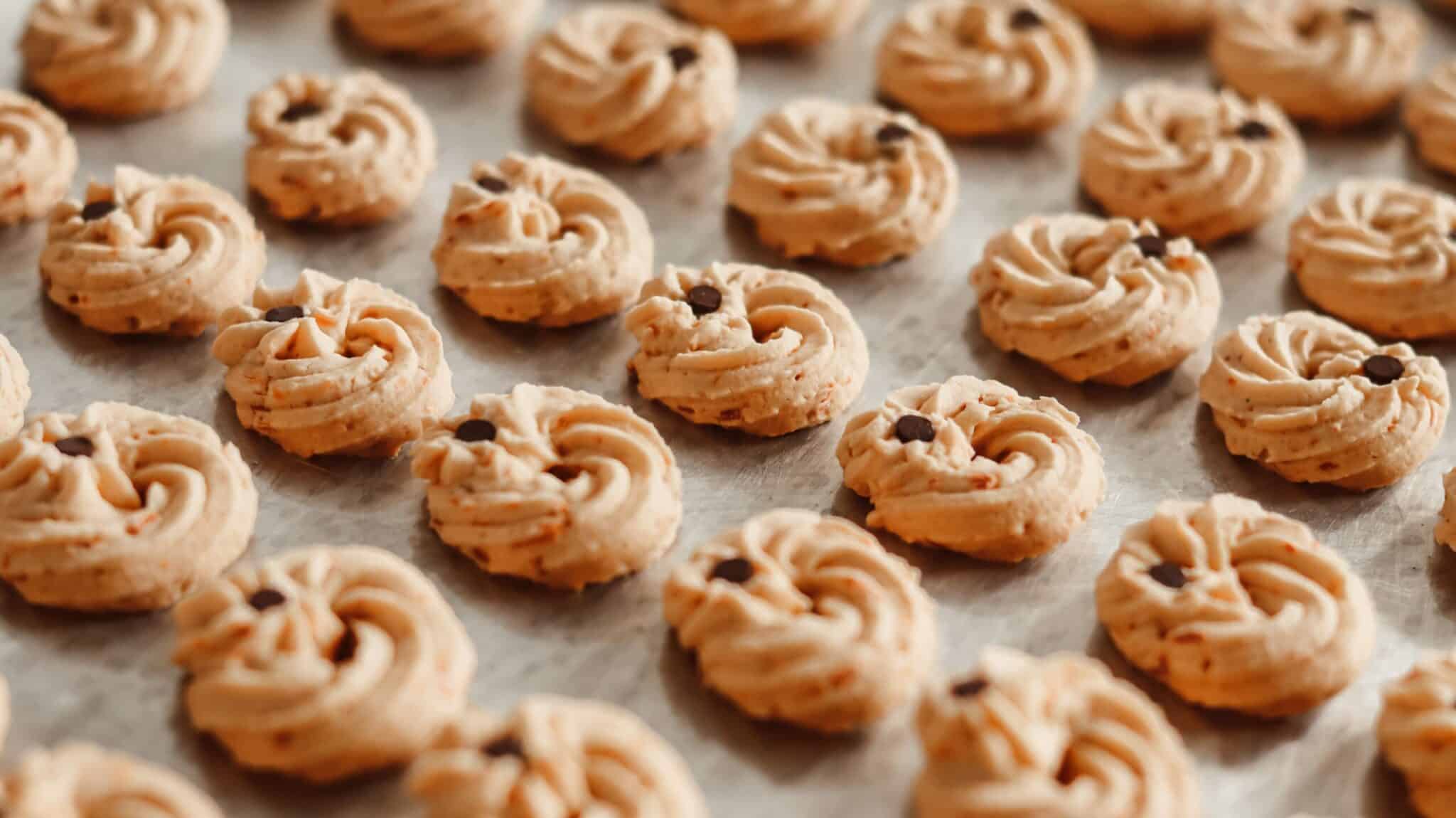Butter is a kitchen essential made from churning cream. The protein in milk acts as emulsifiers when the cream is inverted to create a water-in-oil emulsion, which becomes butter. It’s generally a pale color, but butter can also be deep yellow or dull white. Depending on the mammal’s milk used, it could be cow, goat, sheep, buffalo, or yak, or the artificial coloring added carotene or annatto.
Butter can melt to a thin liquid at 90F to 95F, soften to a spreadable consistency at room temperature and become stone solid when refrigerated. There are different types of butter, which are;
Cultured Butter: this is butter made from fermented cream. The cream naturally sours during fermentation as bacteria convert milk sugars to lactic acid. This process produces aroma compounds like diacetyl, making for a fuller flavored and more buttery outcome.
Clarified Butter: This butter contains pure butterfat, as almost all of its water and milk solids are removed. It’s made by heating butter to its melting point before allowing it to cool off and settle, after which the remaining components then separate by density. Whey protein that forms at the top is removed, and the resulting butterfat is poured out from the mixture of water and protein at the bottom.
Ghee: This is clarified butter heated to around 250°F after the water evaporates, turning the solid milk brown.
Sweet Cream Butter: This is butter made from pasteurized fresh cream. It first became common in the 19th century with refrigerators and cream separator mechanisms.
Whey Butter: This is made by separating milk from whey instead of milk, using a centrifuge, or by sedimentation.
Butter nutrition facts
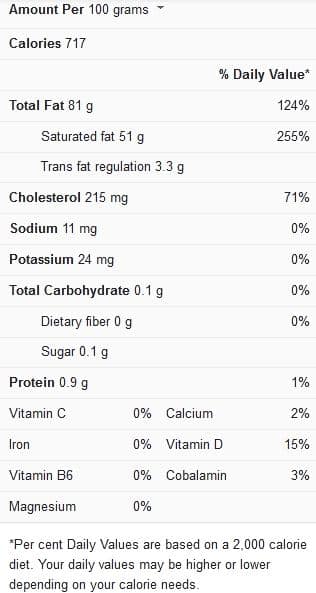
Uses
Butter gives cakes, biscuits, and pastries a melting richness and tender texture. At the end of a cooking process, it adds richness and a thick, shiny finish to some classic sauces like; beurre Meunier, beurre Blanc, hollandaise, and beurre noisette. Butter is also used as a flavor enhancer, a leavening agent, and a source of consistency, structure, chewiness, and fluffiness. It’s a staple part of lots of recipes from around the world, some of which are ;
- Handkerchief pasta
- Marmalade and almond tart
- Lemon curd trifle
- Blackberry and pear crumble
- Raspberry millefeuille
- Basic bread rolls
- Potted shrimp risotto
- French dip sandwich
- Fried scampi
- Chicken Dijon
- Butter chicken twin burgers
- Butterscotch cookies
- Hot buttered rye
- Butten chicken meatballs
- Butter chicken pasta
Butter in baking cookies
Cookies are baked desserts, typically small, sweet, crispy, cake-like pastry. They derive their name from the word “koekje,” which means “little cake” in Dutch. They usually contain sugar, egg, flour, oil, fat, or butter. You’d often find cookies with other ingredients like raisins, chocolate chips, oats, nuts, etc.
Butter enhances the plasticity of the dough, acting as a lubricant. It also traps air cells during the cookie dough mixing, acting as an aerating agent. These air cells play the role of nuclei for the chemical leavener that produces carbon dioxide during baking. Butter determines how much the cookie dough will stretch, how many cookies it’ll yield, and its texture. It’s also used dot make the cookieless tough by preventing excessive development of gluten proteins. Finally, it’s used to add a rich and enhanced flavor to the final product.
Substitute for butter in baking cookies
Applesauce
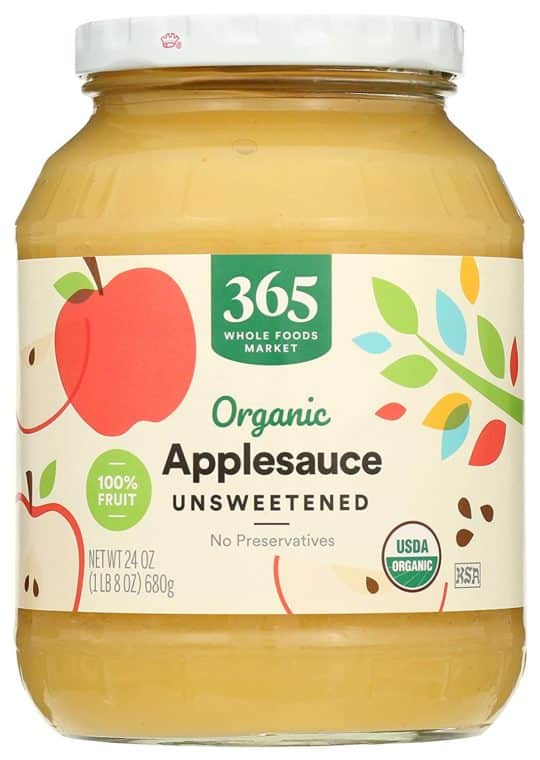
This is an impressive substitute for butter in baking cookies. Use unsweetened applesauce in half the required measurement of butter in your recipe. Applesauce doesn’t just replace butter but also has its perks, and it’s rich in fiber and a low-calorie option for butter. Use a half-cup of applesauce to substitute one cup of butter in baking cookies, and it also works in banana bread, cake, and Zucchini bread.
Vegetable oil
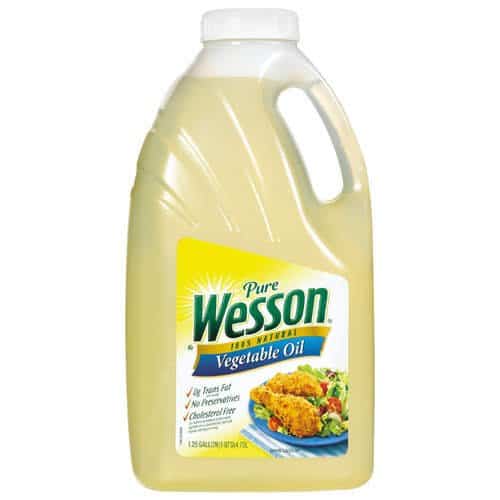
This is another great substitute for butter in baking cookies, and it’s a near-perfect alternative. It works well in many baking recipes, other food products, and cookies. It’s not so filled in nutritional benefits like tither substitutes, but it’ll still work well in your cookies. Use three-quarters of a cup of vegetable oil to replace butter in baking cookies.
Buttermilk
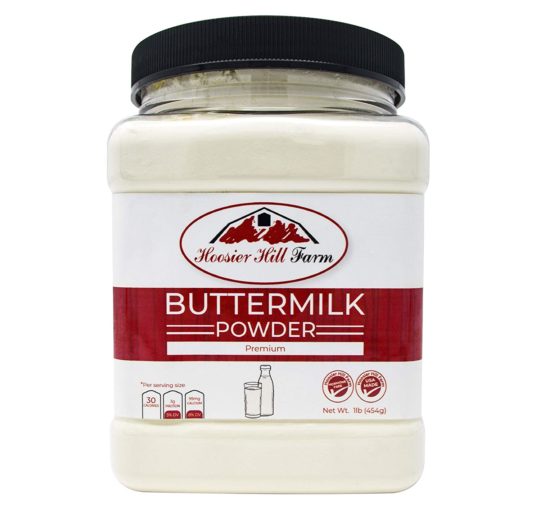
This is many people’s choice of substitute for butter, and it does not cause it to bear a similar name. It’s because buttermilk shares some similar properties with butter, and it already works in many recipes that call for butter, so why not cookies? Note that this substitute might change the consistency of your dough a little, but it might not be noticeable.
Use a half cup of buttermilk + one tablespoon of lemon juice to replace one cup of butter when baking cookies. Or you can consider half a cup of buttermilk + one tablespoon of vinegar to substitute one cup of butter when baking cookies.
Avocado
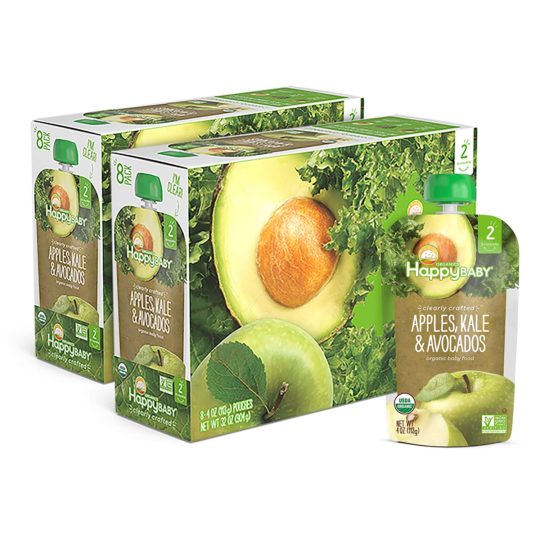
Avocado is another excellent substitute for butter in baking cookies, and it’s a near-perfect fit for butter when pureed. It’s high in nutrients like fiber and vitamins. There isn’t anything that works well, which means it’ll work in cookies. Pureed avocado can even pass as butter when you touch it, and it can replace butter in the same proportion when baking cookies. Instead, use one cup of pureed avocado to substitute one cup of butter in your cookie dough.
Greek yogurt
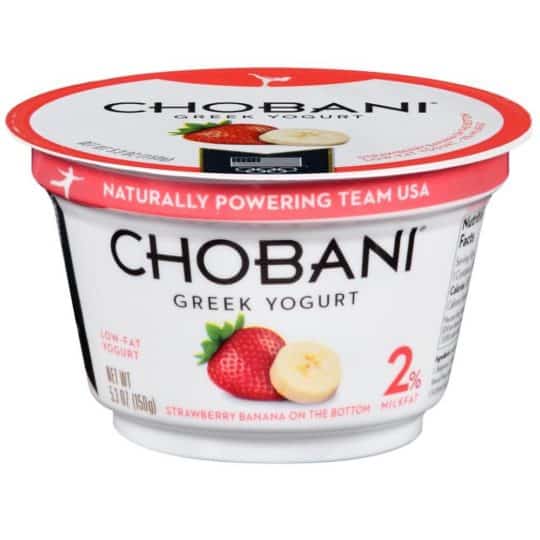
This substitute is a last resort option and creates a velvety texture that makes it a staple in baked goods like cakes and mashed potatoes. Use half a cup of Greek yogurt to substitute one cup of butter when baking cookies.
Frequently asked questions (FAQs)
Is butter necessary in cookies?
Butter does important things in cookies, and that’s undeniable, but it’s not indispensable. Butter is not a necessity in baking cookies. It can be replaced by margarine or vegetable shortening, and they’ll still deliver the same effects as butter in cookies.
Is it better to make cookies with butter or oil?
Butter is more preferred option to butter by many people. It contains air pockets that help the cookies retain their shape. On the other hand, oil is compact, and you can’t alter its original taste. So the cookie will turn out to taste funky especially using a flavorful oil like olive oil.
What happens if you put less butter in your cookies?
Less butter in your cookie will make it turn out less flavorful, flat, and dry.
Conclusion
Butter plays a very significant role in the baking process of cookies. Whether good or bad, flaky, crispy, crunchy, chewy, or tasty, the outcome of your cookie partly depends on butter. Butter is pretty easy to replace in cookie dough if you know what you’re doing and follow some of the above-listed suggestions and instructions.
